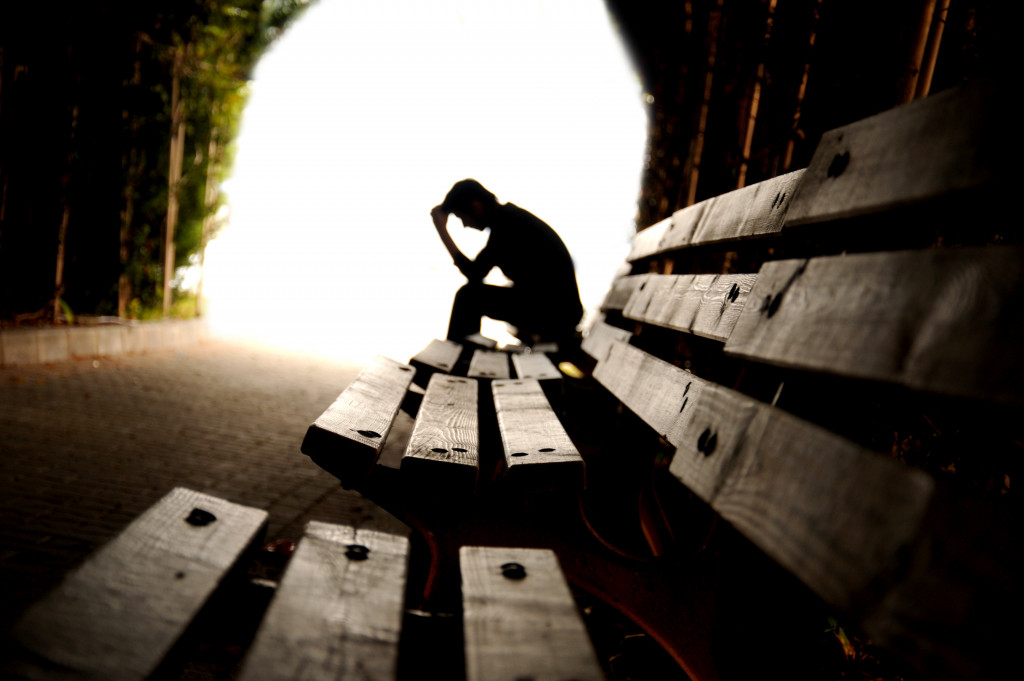It’s no secret that humans are social creatures. People are wired to crave connection with others, which can profoundly affect their lives when they don’t get it. However, the pandemic has disrupted all that.
The pandemic is a unique situation where social distancing and isolation are necessary to protect people from the virus. But these measures also lead to a lack of physical interaction with friends, family, and strangers. This can lead to feelings of loneliness and disconnection, leading to social isolation. Here are five ways social isolation can negatively affect your life.
Depression
Depression is a common mental health disorder triggered by social isolation. When people feel isolated and alone, they may believe they’re not worthy of connection and that nobody cares about them. These negative thoughts can spiral, leading to feelings of hopelessness and despair.
Anxiety
Anxiety is another common mental health disorder that can be exacerbated by social isolation. When people are cut off from others, they may worry about what they’re thinking or saying about them. People may also become anxious about future interactions and whether or not they’ll be able to make friends or keep them.
Physical Health Problems
Social isolation has been linked to various physical health problems, including heart disease, stroke, and high blood pressure. This is likely because isolation increases stress levels, which take a toll on the body over time. Contact a doctor or other medical professional for support if you’re struggling with physical health problems.
Immune System Problems
People’s immune systems may weaken when socially isolated because they’re not around others who can help them fight off sicknesses. In addition, the stress caused by social isolation can make people more susceptible to illness. So if you get sick more often than usual, it may be time to reach out to others and build some social connections.
Cognitive Decline
Social isolation has been linked to cognitive decline in older adults. This is likely because isolation causes us to lose stimulation from others, which reduces brain function over time.
As you can see, social isolation can profoundly affect people’s lives— mentally and physically. So if you feel isolated, don’t hesitate to follow these four tips to deal with social isolation.

Therapy
People who socially isolate themselves often have negative thoughts and beliefs about themselves, others, and their relationships. Talking to a therapist can help people challenge these thought patterns and build healthier connections with others. Here are three of the most effective therapies known to deal with social isolation:
Cognitive Behavioral Therapy
Cognitive behavioral therapy (CBT) is a type of psychotherapy that helps people identify and change negative thoughts and behaviors. For example, CBT is often effective in treating social isolation because it helps people become more aware of their thoughts and emotions and teaches them how to challenge and change unhelpful thoughts and behaviors.
Interpersonal Therapy
Interpersonal therapy (IPT) helps people improve their relationships with others. It can also assist in identifying and resolving conflicts causing social isolation. This therapy often includes role-playing exercises to practice effective communication and problem-solving skills.
Acceptance and Commitment Therapy
Acceptance and commitment therapy (ACT) focuses on accepting complex thoughts and feelings rather than trying to avoid or change them. This can help people struggling with social isolation learn to cope with negative emotions and move towards personal values and goals, such as building meaningful relationships with others.
Matchmaking Services
If you’re socially isolated simply because you can’t find people to connect with, then using matchmaking services might be for you. First, research the best online matchmaking services and make a profile. This can help connect you with potential friends or romantic partners with similar interests and values. Keep in mind that it may take some time to find the right match, but don’t lose hope— building connections takes patience and effort, but it’s worth it in the end.
Support Groups
Joining a support group can provide a sense of community and connection for people struggling with social isolation. Support groups offer a safe space for individuals to share their experiences and receive support from others going through similar challenges. Check out your local community center or search online for support groups in your area.
Volunteering
Volunteering is a great way to build social connections while giving back to the community. Find a cause you care about and see if volunteer opportunities are available. Not only will you meet others with similar values and interests, but volunteering can also give you a sense of purpose and fulfillment.
Social isolation is a serious issue, but it’s not something you have to face alone. Don’t hesitate to reach out and seek help in improving your social connections. Your mental and physical health will thank you for it.
